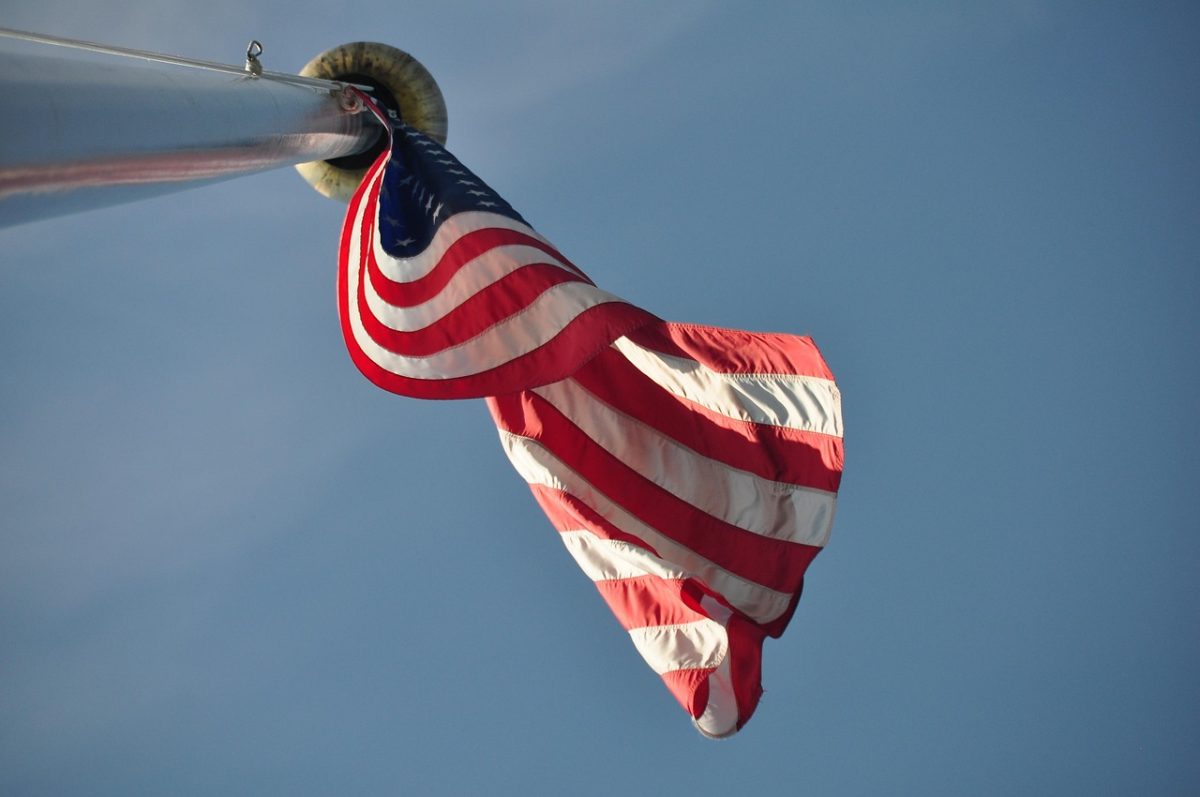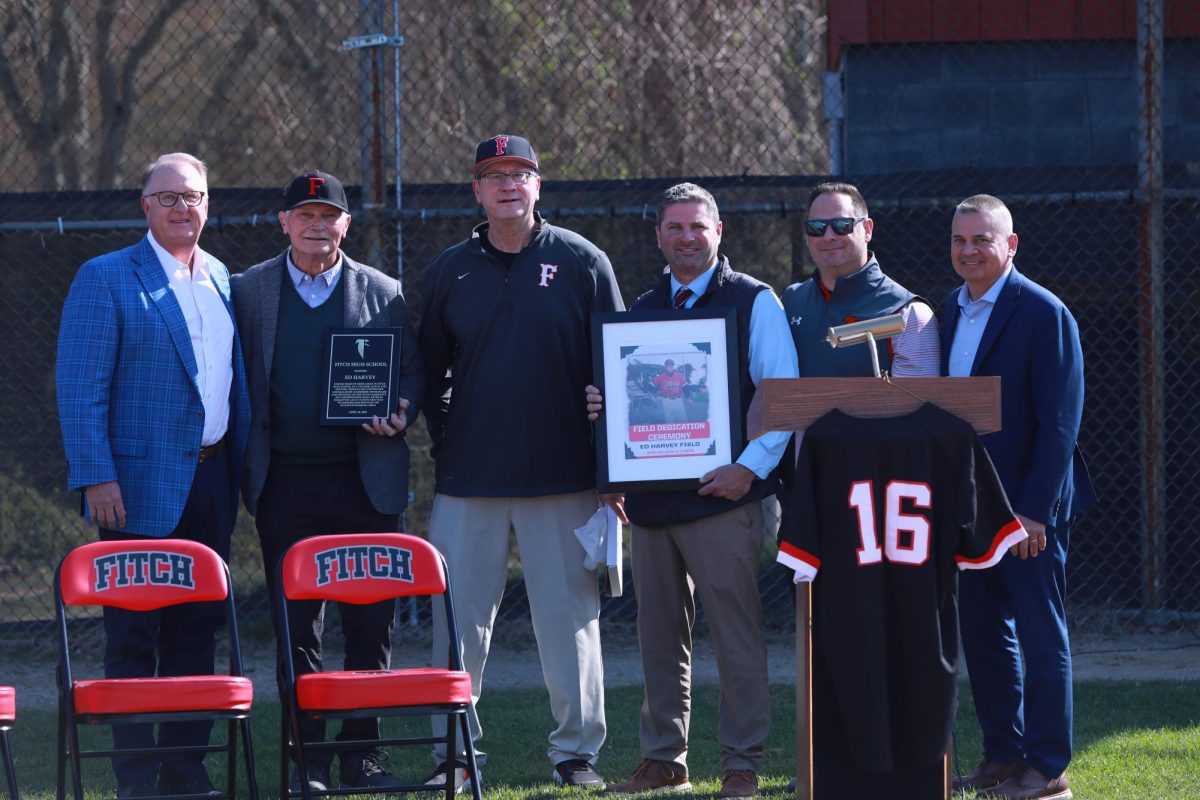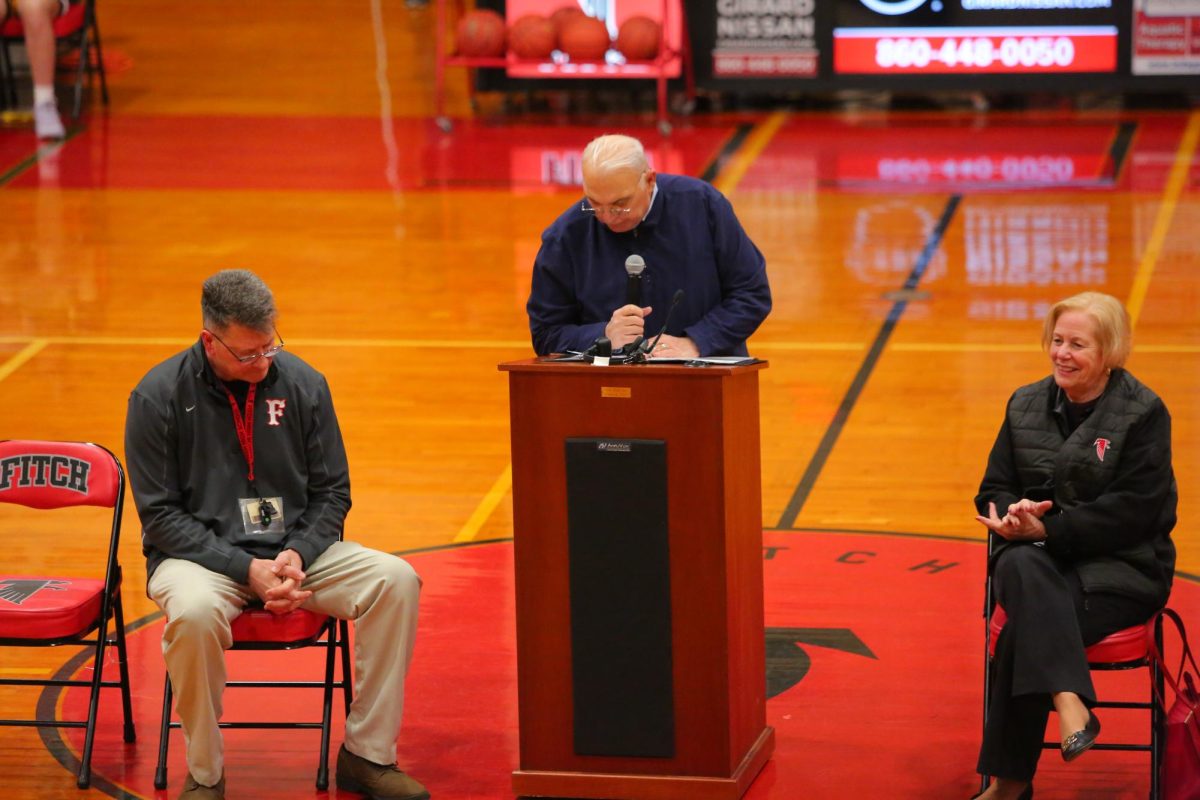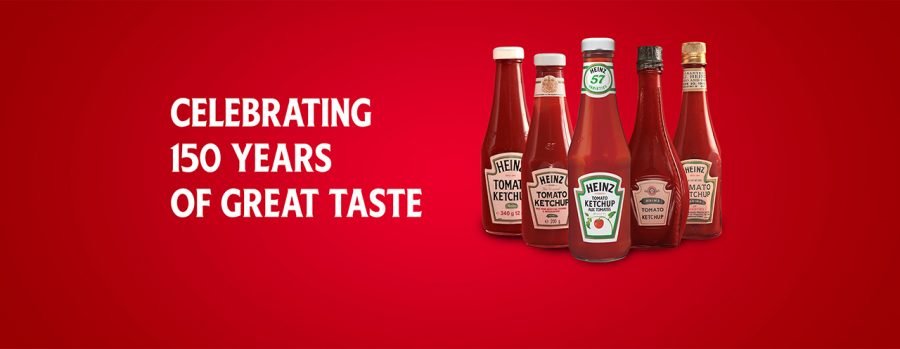From Financial Failure to Condiment King: Celebrating the 150th Anniversary of the Heinz Company
October 27, 2019
This year marks the 150th anniversary of the founding of the Heinz Company. There is an interesting story behind the creation of this famous condiment producer that many people may not know about. This article explains the historic achievements made with the founding of one of the largest food corporations in the world.
Unsure Beginnings:
In the small town of Sharpsburg, PA, a young entrepreneur named Henry J. Heinz began packing food on a small scale. Heinz anticipated that the venture was perfectly timed because food in the 19th-century was notoriously bland and would benefit from having condiments add a more appealing taste. In 1869, along with his friend L. Clarence Noble, Heinz founded the small company Heinz & Noble to pack horseradish. Unfortunately, their company went bankrupt in 1875, leaving Heinz on the edge of ruin. Little did Heinz know that he was about to create a revolutionary food industry empire, now worth an estimated $28 billion and known throughout the world.
Heinz comes up with an extraordinary solution to his problem:
H. J. Heinz came to an understanding of why he was so unsuccessful in his first entrepreneurship. During this time period, food packaging did not require labels and sleazy companies looking to save money marketed food products with fillers. Heinz figured that people did not trust his product to be pure. In a bold move, Heinz was determined to start a new company and change the public’s view of his products. Risking the last of his money, Heinz poured everything he had left into the new company. Heinz decided on the location of Pittsburg, PA due to the easy delivery via trains headed to every part of the country. Along with his brother John and cousin Frederick, H. J. Heinz created the F&J Heinz Company in 1876. One of the first products they manufactured was tomato ketchup. In order to prove to the public that his food was pure, Heinz packaged his products in clear bottles. This ingenious innovation was a huge success and his company began to flourish.
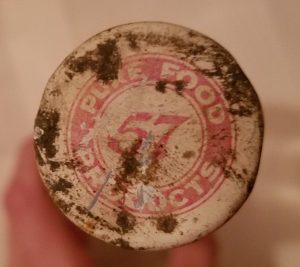
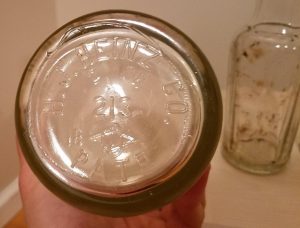
Heinz becomes an American food icon:
In 1888, Heinz bought out his partners and reorganized the company as the H. J. Heinz Company. It was also at this time that Heinz, influenced by a shoe store billboard claiming 21 styles, coined the slogan “57 Varieties.” At this time Heinz manufactured over 60 different products he marketed like spaghetti and apple butter. Heinz operated the first and largest electrically operated factory in this part of the century and treated his workers very well. Heinz, however, still had the issue of his competitors flooding the marketplace with their “filler” products and tarnishing Heinz’s “pure food” reputation. In 1905, Heinz began lobbying for the passage of the Pure Food and Drug Act of 1906. After his successful lobbying efforts, the Act went into effect, eliminating most of his troubling competitors. This allowed Heinz to gain a strong footing in the American food industry.
With the commencement of World War I, Heinz worked with the food administration to feed America’s troops on the frontlines. Henry J. Heinz retained the company title as president until his death in 1918. When Heinz’s son Howard took over, the H. J. Heinz Co. had already become an icon in the food industry.
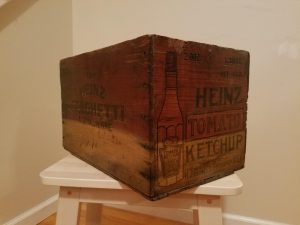

Today the H. J. Heinz Co., now the Heinz Company, is world-renowned and even sponsors sports teams like the Pittsburgh Steelers. Their most popular product today is ketchup of course, but the company still makes many other products, including horseradish, that trace back to its early history. On this landmark anniversary, It is fitting to remember the hard work that the founder of the Heinz Company, H. J. Heinz, put in to improve the quality and taste of our food industry.
Sources:
www.history.com
www.hienzhistorycenter.org
www.kraftcanada.com






























